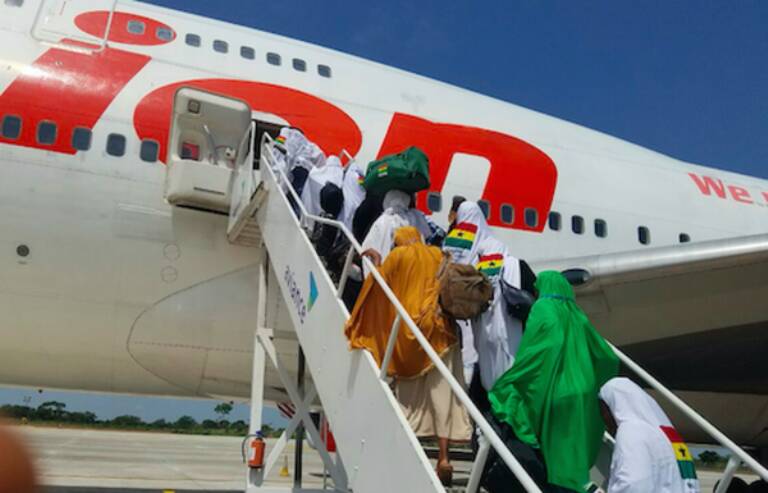The National Hajj Board of Ghana has announced that the 2024 Hajj fares are set at Gh75,000 or $6250. This figure marks a significant point in the ongoing discussion surrounding Hajj pilgrimage costs, prompting a reflection on the fare trends over the past decade.
In an effort to provide context, let’s embark on a journey down memory lane to examine the fluctuations in Hajj fares under both the New Patriotic Party (NPP) and the National Democratic Congress (NDC) administrations.
Under the past eight years of NPP governance:
– 2024: $6250 – Gh75,000
– 2023: $6500 – Ghc75,000
– 2022: $5000 – Ghc39,000
– 2021: No Hajj due to Covid19
– 2020: No Hajj due to Covid19
– 2019: $3500 – Ghc19,000
– 2018: $3450 – Ghc15,000
– 2017: $3450 – Ghc15,000
Conversely, the Hajj fares under the eight years of NDC governance showcased a different trend:
– 2016: $3450 – Ghc11,900
– 2015: $3450 – Ghc11,900
– 2014: $3450 – Ghc12,000
– 2013: $3450 – Ghc6,800
– 2012: $3100 – Ghc5,200
– 2011: $3100 – Ghc4,650
– 2010: $3100 – Ghc2,139
– 2009: $3000 – Ghc2,010
Amidst these numbers and figures, Dr. Timothy Bawumia and representatives of the NPP often engage in religious politics within Zango communities. However, Dr. Baba Musah urges these communities to scrutinize such engagements, citing unmet promises such as the failed Zango development fund and the unfulfilled construction of 16 model Senior High Schools in Zango communities nationwide.
As the discourse surrounding Hajj fares continues, it’s evident that the topic intersects with broader political and socio-economic discussions, shaping the perceptions and experiences of Ghanaian citizens, particularly those within Zango communities.

